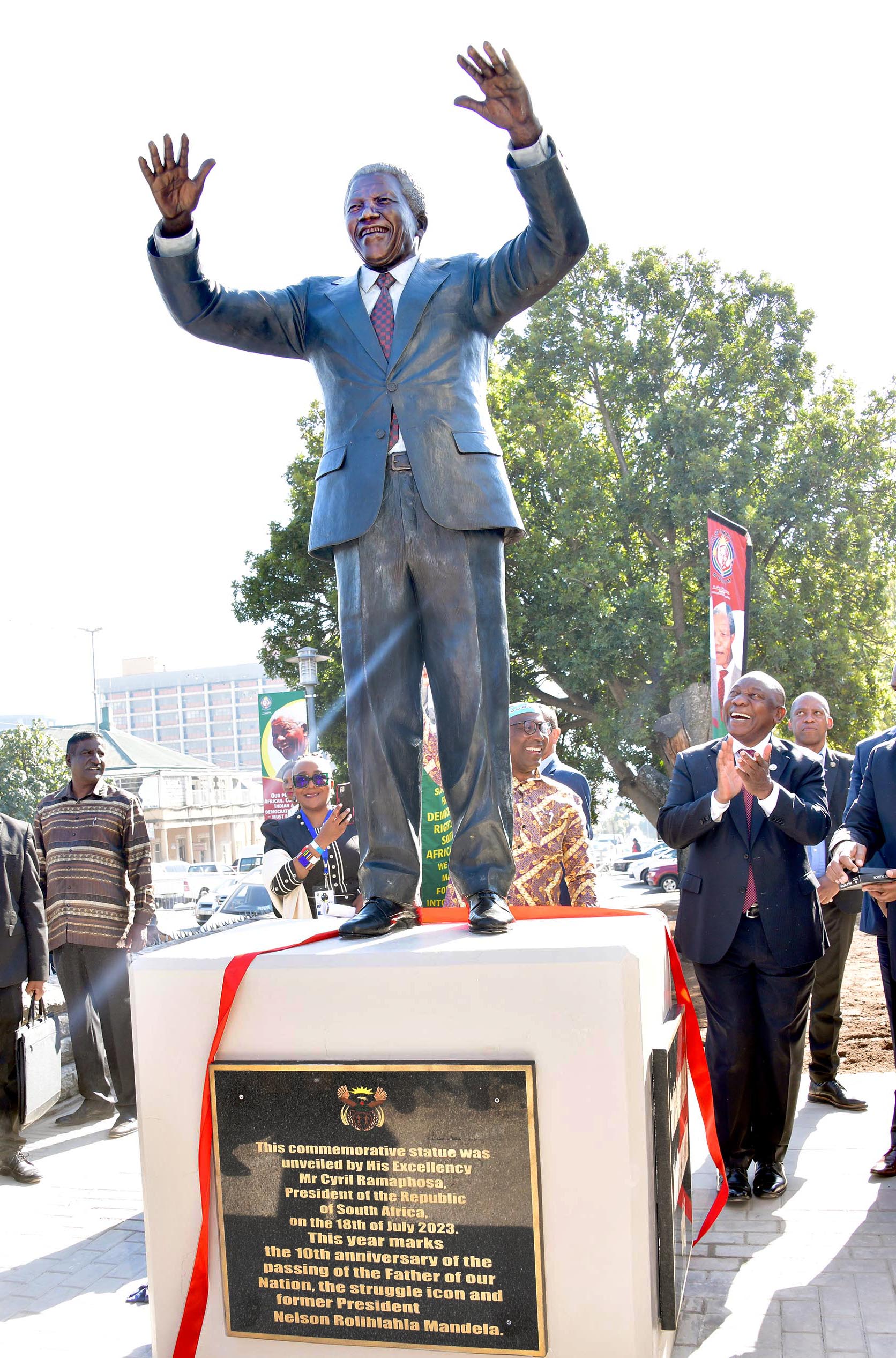|
Getting your Trinity Audio player ready…
|
Writes Marlvin Ngiza
The United Nations(UN) Secretary-General, António Guterres, has implored the nations to build a better world through action against racism, injustice, and discrimination, which he described as an incredible way to commemorate the Nelson Mandela International Day.
This year’s commemorations were running under the theme “The legacy lives on Through You: Climate, Food, and Solidarity,” which emphasizes the relevance of Mandela’s legacy in addressing contemporary issues.
In his message to mark this year’s commemorations, Guterres stressed the need for solidarity with women and girls and for the nations to extinguish the legacies of colonialism.
“Nelson Mandela was a colossus of courage and conviction, a leader of immense achievement and extraordinary humanity, a giant of our times, whose legacy we best honour through action: action to expel the poison of racism, discrimination, and hate; action to extinguish the legacies of colonialism and action to promote equality, human rights and above all, justice.
“Today, poverty, hunger, and inequality are on the rise, countries are drowning in debt, the climate crisis is destroying the lives of those who have done the least to cause it and our unfair and outdated international financial system is not fulfilling its function as a global safety net. We have it in our power to solve each of these problems. So, as we commemorate Nelson Mandela’s life and legacy, let us be animated by his spirit of humanity, dignity, and justice, let us stand with women and girls, young people and change-makers everywhere, and let us take action to build a better world,” said Guterres.
The day came into existence in November 2009 in recognition of the former South African President’s contribution to the culture of peace and freedom. The UN General Assembly declared 18 July “Nelson Mandela International Day”.
Resolution A/RES/64/13 recognizes Mandela’s values and his dedication to the service of humanity in conflict resolution; race relations; promotion and protection of human rights; reconciliation; gender equality and the rights of children and other vulnerable groups; the fight against poverty; the promotion of social justice. The resolution acknowledges his contribution to the struggle for democracy internationally and the promotion of a culture of peace throughout the world.
In December 2015, the General Assembly decided to extend the scope of Nelson Mandela International Day to also be utilized in order to promote humane conditions of imprisonment, raise awareness about prisoners being a continuous part of society, and value the work of prison staff as a social service of particular importance.
The General Assembly resolution A/RES/70/175 not only adopted the revised United Nations Standard Minimum Rules for the Treatment of Prisoners but also approved that they should be known as the “Nelson Mandela Rules” in order to honour the legacy of the late President of South Africa, who spent 27 years in prison in the course of his struggle referred to above.
